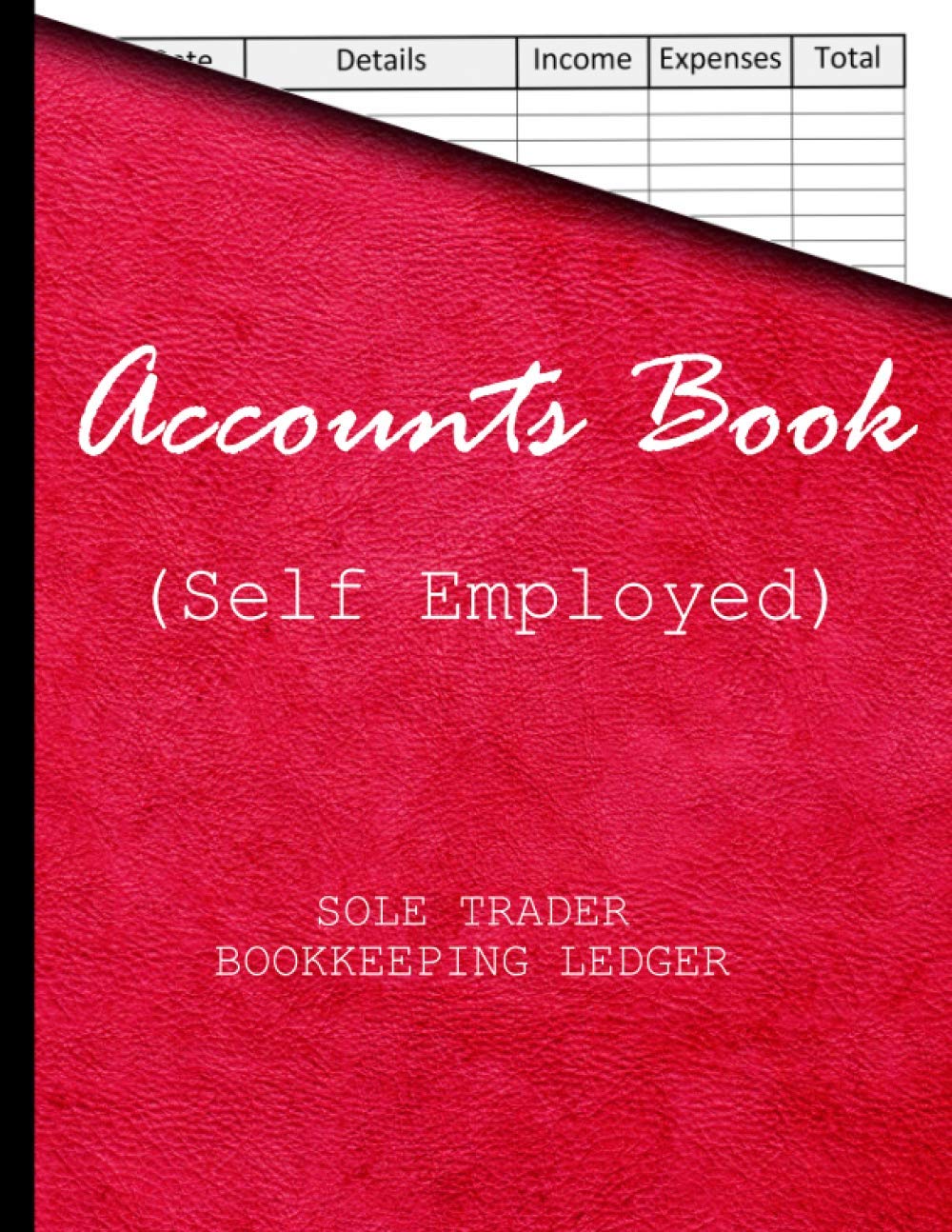About this deal
The na_srp cookie is used to recognize the visitor upon re-entry. It allows to record details on user behaviour and facilitate the social sharing function provided by Addthis.com. Whilst there is no exhaustive list available of what you can claim, common sense should prevail when applying the 'wholly and exclusively' rule. If in doubt, speak to an accountant. Get bookkeeping advice As a sole trader, it is essential to complete an annual Self Assessment Tax Return and submit it to HM Revenue and Customs (HMRC). This process provides HMRC with accurate information about your income and expenses, ensuring you are taxed correctly. It’s one of those jobs you’ll thank yourself for later as your business grows and there are more and more transactions happening relating to the business. Top tip:Sometimes self-employed people have a mix of permanent employment and freelance work on the go. For example, someone who works in a bank during the week but writes children’s books in the evening or has a side business making jewellery.
There can be a lot of record keeping for sole traders to stay on top of, so bookkeeping software can make keeping accurate records easier. Remember to consult HMRC resources for detailed information on tax and National Insurance for the self-employed to ensure compliance with the latest regulations. Step 6: Completing a Self Assessment
Exacompta Guildhall Account Pad 8-Column Summary A4
One of the first decisions you will need to make when starting to trade is whether you will adopt traditional or cash basis accounting. From April 2026, the government will introduce Making Tax Digital for Income Tax Self Assessment, where accounting must be done using cloud-based software. Using cloud accounting software as a sole trader also means you can cut down on paper, saving you money and space—the latter may be in short supply in your home office or workshop. Are you a self-employed business owner who wants to complete your business bookkeeping? Your financial data must be correct since you must submit a self-assessment tax return with HMRC each year. If you don’t keep up with your accounts regularly, you may need to request a bookkeeper or accountant’s services. You can register voluntarily even if you are below the threshold, and some sole traders decide to do this because it implies you’re a more established, trustworthy business.
There’s a wide range of options available and you can find out more on how to find the right one for you, in this guide on How to choose the best online accounting software for your business. Once all the figures are posted for the year, you are ready to submit your figures to HMRC for self-assessment. One adjustment that needs completing is deducting the owner drawings as it is not an expense of the business. In the example, the sales are 40175.34 and expenses 36754.74 – 8400 = 28354.74. The total profit for the company is 40175.34 – 28354.74 = 11820.60. As well as the standard records, you’ll also need to keep further records so that your tax return includes: Spreadsheets can be a practical solution for this if you prefer a hands-on approach and want the flexibility to create your own invoices. However, it is worth noting that spreadsheets may have limitations in terms of functionality and reporting capabilities.
Keep self employed books from the start
Where Sage really shines, though, is its customer support. On all plans, you get 24/7 help via both phone and live chat, as well as a comprehensive suite of instructional videos and online guides. Sage pricing
One advantage of using bookkeeping services is knowing everything that the business can claim. If you are unsure about completing the self-assessment tax return, hiring a bookkeeper or accountant is better. Do I need a Business Bank Account if I am Self-Employed? This is because operating with only a personal bank account will mean you’ll need to meticulously differentiate between personal and business expenses, adding complexity and consuming more of your time. A sole trader is not legally separate from their business, so a separate business bank account is not a legal requirement. However, there are definite advantages to keeping your business and personal finances separate.Get a head start on your 2022-23 tax return with the Which? tax calculator. Tot up your tax bill, get tips on where to save and submit your return direct to HMRC with Which?. This will include costs like rent and bills for office space, or a portion of your household expenses if you work from home.
This cookie, set by YouTube, registers a unique ID to store data on what videos from YouTube the user has seen.The na_rn cookie is used to recognize the visitor upon re-entry. It allows to record details on user behaviour and facilitate the social sharing function provided by Addthis.com. As a sole trader, you will be required to set aside money for tax each year, which is recorded by your Self Assessment. It is therefore vital to be aware of income tax thresholds and the National Insurance Contributions (NICs) you will be required to pay. You may also need to keep other records such as any money you are owed but have not received, your year-end bank balances, or any money you’ve taken out for your own use. At the end of each tax year, you will be required to report your business income and expenses to HM Revenue and Customs (HMRC) and your annual tax bill and National Insurance contribution will be calculated. What are self-employed accounts?
 Great Deal
Great Deal 